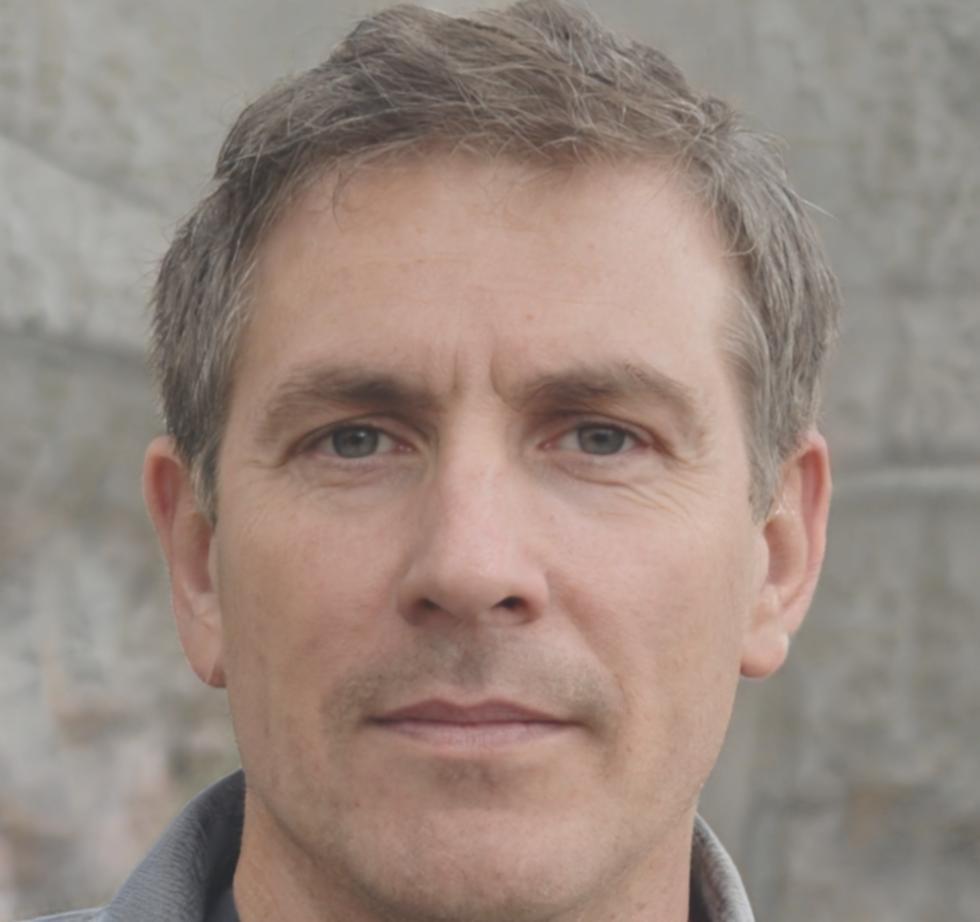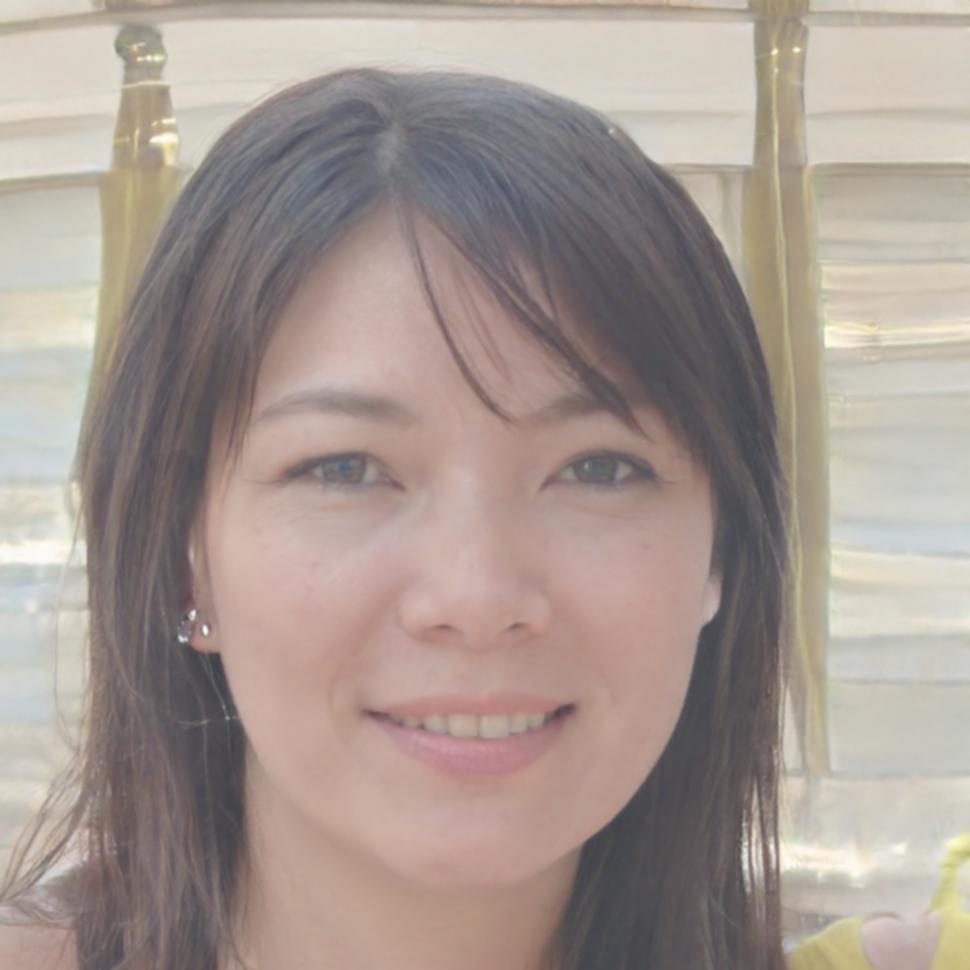Build Your Financial Foundation
We believe money skills aren't taught in traditional education. Our approach focuses on developing practical understanding of personal finance, investment concepts, and entrepreneurial thinking that actually makes sense in today's economy.
Explore Learning ProgramsWhy Traditional Finance Education Falls Short
Most financial education focuses on theory without practical application. Here's what we do differently at sytheraquon to bridge that gap.
Real-World Scenarios
Instead of textbook examples, we work through actual financial decisions you'll face. From analyzing rental property deals to understanding market cycles, our content connects to situations you'll encounter.
Mindset Development
Financial success requires thinking differently about money, risk, and opportunity. We spend time developing the mental frameworks that successful entrepreneurs and investors actually use in their daily decisions.
Australian Context
Tax strategies, superannuation, property markets, and business structures that work in Australia. Our content considers local regulations, market conditions, and cultural factors that affect financial decisions here.
Your Learning Journey
Financial literacy develops over time. Here's how participants typically progress through our programs, building confidence and practical skills at each stage.
Foundation Building (Months 1-2)
Start with basic concepts like cash flow analysis, understanding different asset classes, and developing a personal financial assessment. This phase focuses on getting clear about your current situation and identifying areas for improvement.
Strategy Development (Months 3-4)
Learn to evaluate investment opportunities, understand market research methods, and develop criteria for making financial decisions. We cover risk assessment, diversification principles, and how to spot potential problems before they become expensive mistakes.
Implementation Planning (Months 5-6)
Create actionable plans based on your learning. This includes setting up systems for tracking progress, establishing investment criteria, and building networks with other people working toward similar goals. Focus shifts to practical application.
Common Questions
These are questions we hear regularly from people considering financial education. Understanding these concerns helps clarify what our approach offers.
What makes this different from online courses or YouTube videos?
The main difference is structured progression and Australian-specific context. While free content exists everywhere, it's often generic or doesn't consider local tax laws, market conditions, and cultural factors. Our programs provide a clear learning path with practical exercises designed for the Australian financial environment.
How much time commitment is required?
Most participants spend 3-5 hours per week on coursework and practical exercises. This includes reviewing materials, completing assessments, and working on personal financial analysis. The time investment is designed to fit around work and family commitments.
Do I need previous finance experience?
No prior experience required. Our foundation modules start with basic concepts and build complexity gradually. However, participants should be comfortable with basic math and willing to research topics independently as part of the learning process.
What support is available during the program?
Each cohort has access to monthly group sessions, email support for specific questions, and a private forum for discussing concepts with other participants. While we can't provide personal financial advice, we help clarify educational concepts and learning approaches.
Learning From Experience
Our instructors bring practical experience from different areas of finance and business. They understand both the theory and the reality of implementing financial strategies in Australia.

Lysander Chen
Investment Analysis
Former financial planner who focuses on teaching research methods and risk assessment. Lysander helps participants understand how to evaluate different investment opportunities and avoid common analysis mistakes.

Cordelia Murphy
Business Development
Small business owner and former accountant who specializes in entrepreneurial mindset development. Cordelia teaches the practical side of starting and managing business ventures while maintaining personal financial stability.
Ready to Start Learning?
Our next cohort begins in August 2025. Applications open in June, giving you time to prepare and ensure this approach aligns with your learning goals and schedule.